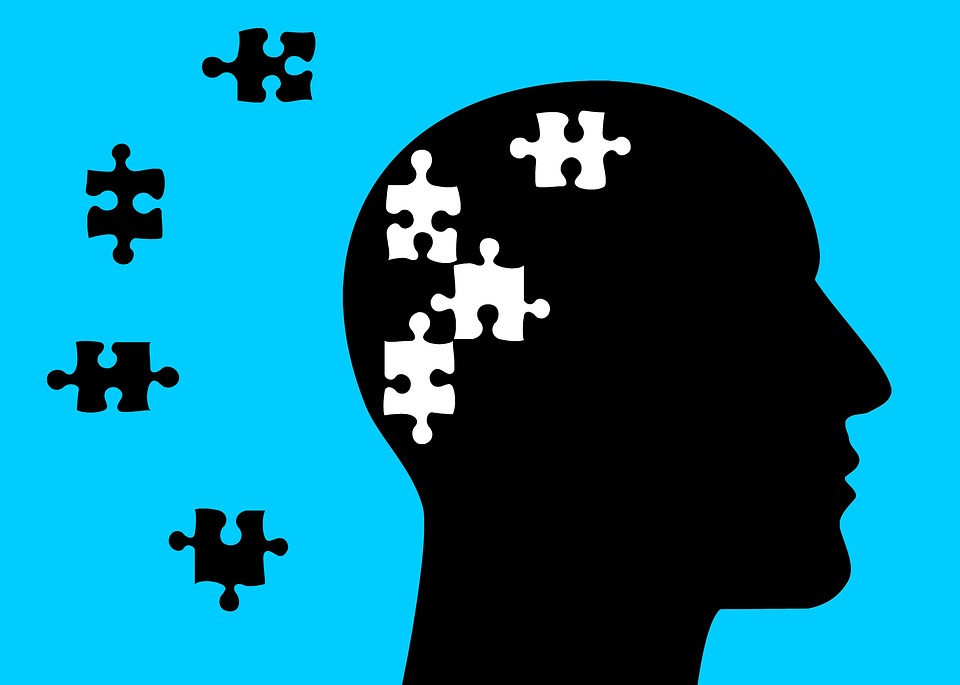
By Conor Brummell
Have you ever heard the words “shush now, big boys don’t cry”, when the lip of a young boy started to quiver?
That’s the truth about men’s mental health in Ireland. From a young age, men are taught that it’s a stigma to feel upset. They are told it is not okay to talk about their feelings when they are upset, and if they do, they’re weak for doing so. It’s this notion that it’s not okay for young men to express their emotions and ‘open up’ about their feelings that leads to many problems, and although the suicide rate in Ireland is falling steadily year upon year, figures show that the suicide rate among males aged between 15-34 is still extremely high. In Ireland last year, there was 352 recorded cases of suicide and the rate of men taking their own lives was four times higher than women (according to Samaratians.ie) which means 8 out of 10 suicides were men.
Being a twenty-one-year-old male in Ireland, I could, and still can, see the toxic nature of masculinity whilst growing up in this country. There’s a ‘lad culture’ present that I never really understood whilst still in secondary school, and, in a way, I still don’t. It’s like there is an unspoken competition between young men growing up – a competition to try and be the most dominant, powerful, attractive and sporty male in the room. If you weren’t any of these things, it seemed you weren’t in the competition and therefore you were not considered one of the lads. My friends in school were mostly girls, and I remember how sometimes that was difficult. Whether it was the locker room banter before P.E each Monday in Sixth year, in which I felt I could never participate (the talk of the weekend’s antics, about who had shifted who, and who had beaten who in FIFA), or not sitting with the lads in a certain class due to not knowing any of them well enough. I remember once thinking to myself, ‘was I too fat, too hairy, too ugly or had I kissed enough girls to be friends with them?’, and that there was the problem.
Young men in Ireland feel like they can’t be open to each other about these thoughts and feelings. That sense of inadequacy, of not being good enough- that you’re not as clever, or as fit as someone else – is something that I didn’t think any lad would feel comfortable bringing up to their male friends until I got into college and realised this wasn’t the case. However, due to the stigma surrounding mental health that teaches us, as males, that it is a burden to be upset, I didn’t realise this. It is the burden that instead teaches us the only way for us to be normal is to remain silent. Staying silent and letting our problems just drift away as if everything will be fine, is theoretically wonderful, but it doesn’t work. It never has, and it never will – because these problems don’t just disappear. They fester, bubble and boil until, suddenly, these problems are no longer a deflated feeling in our chests but a dark cloud hanging over our heads that we can’t get to go away. No matter how hard things get, men seem to feel that they still can’t open up.
In Ireland, despite the saying ‘a problem shared is a problem halved’, men feel like a problem shared is a problem burdened on someone else. It’s this idea that if you ask for help, you’re using someone else as a punching bag for your feelings and that you’re bothering them, because if you express how you’re feeling, you’re suddenly not coping by yourself. You’ve asked for help, and it’s that fear of being vulnerable that frightens so many men. You feel like suddenly opening up is letting go of whatever control you had over those problems, and the fear of being judged and ridiculed comes to the forefront of so many people’s brains because of what we have been taught growing up; men must be strong physically, and, as result, when we aren’t feeling strong mentally, we don’t know how to cope.
This isn’t right. We need to change our attitudes towards mental health in this country and start to teach boys and men that it’s okay not to be okay, that things will improve with time, and if we open up, that a problem shared will no longer be a problem burdened, but a problem that will be solved. Whether it is a bad day, week or month - things can and will improve if we get the message across. We need to show that there is help there and that it’s perfectly fine to go look for that help. In order to do that, we need to start teaching boys from a young age that it is okay to talk – but, better yet, I think it’s time we teach them that it’s okay to cry.